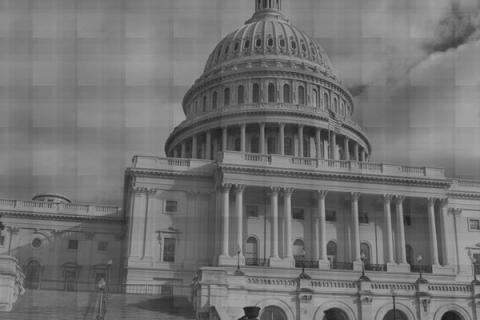
For a second day in a row, the DISCLOSE Act was shot down in the Senate, 53-45. This following yesterday's vote, 51-44, with all 43 Senate Republicans unanimously voting against the bill.
The Washington Post reports, "the only switch came from Senate Majority Leader Harry M. Reid (D-Nev.), whose nay vote on Monday was a procedural tactic that allowed him to call for Tuesday’s repeat."
The DISCLOSE act is short for “Democracy Is Strengthened by Casting Light On Spending in Elections Act” and just like the title suggests, it would provide transparency in election donations. Specifically, it would “require independent groups to disclose the names of contributors who give more than $10,000 to independent groups for use in political campaigns.”
The act does has the support of President Obama.
After Citizens United v. FEC, there has been an increase in election-related advertising through “independent” agencies- though most of the money comes from secret sources. With the system now, corporations, unions, and wealthy individuals can hide the fact that they are funneling funds into ad campaigns. The DISCLOSE Act would work to remedy this. Here are some of the highlights of the act that we should know.
1. On an 8 – 1 vote in the Citizens United case, the Supreme Court upheld disclosure requirements.
2. Candidates can also benefit from disclosure of the sources, but there is a danger that the candidates’ own viewpoints could be overshadowed by those of their financial backers.
3. The DISCLOSE Act requires an “electioneering communications” that would qualify for the disclosure. As the League of Women Voters describes it, “if an ad uses the name or likeness of a candidate within the calendar year of a particular House or Senate election, then disclosure is required. Current law only requires disclosure of ads within 90 days of a general election, a period of time that is proving much too short with the huge campaign expenditures we are seeing – and made possible by – Citizens United.”
4. The DISCLOSE Act requires a main funder(s) of an ad to appear briefly in an ad to ensure that the voters will hear directly and immediately who is paying for and responsible for the ad.
5. Unions, for-profit and non-profit corporations and trade associations are covered by the DISCLOSE Act.
